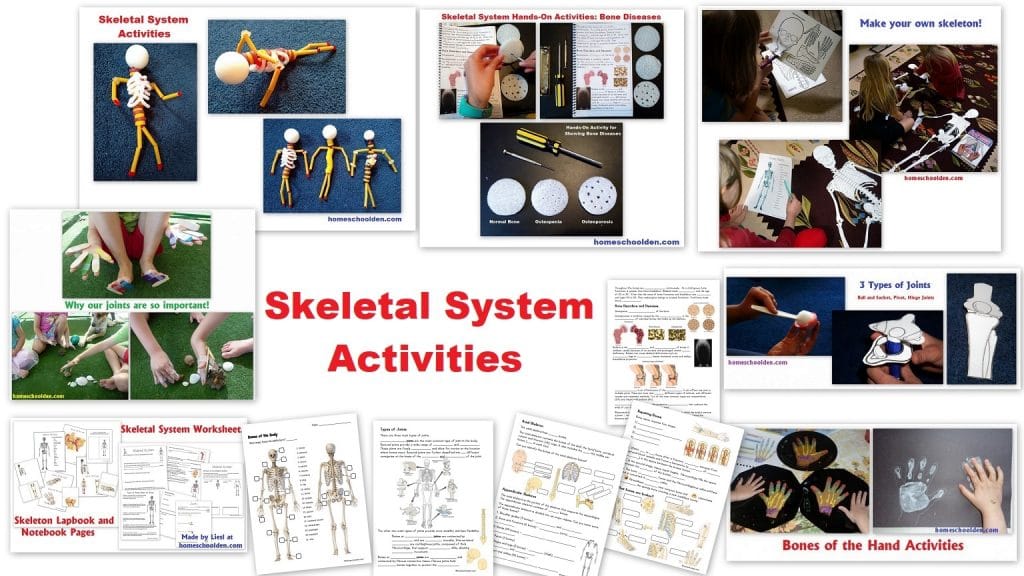Night Lights May Not Be Good For You or Your Kids
This isn’t breaking news, but it was new to me. I’ve been trying to catch up on some reading of a magazine we get called Science News, when an article caught my attention. It said that sleeping in a room with even very dim artificial light such as a night light, computer screen or TV may cause changes in the brain and depression. The results of a study from Ohio State University Medical Center were released back in July (2012) that found that hamsters with chronic exposure to dim light at night showed signs of depression within just a few weeks. The good news is that all symptoms of depression disappeared within two weeks of the animals’ return to a normal light-dark cycle.
Curious I did a bit more reading. Other studies said that exposure to light at night has been linked to weight gain. A report by the American Medical Association (AMA) says that even dim light can interfere with the body’s natural circadian rhythm. And, when people don’t spend enough time in darkness, the body doesn’t release the hormone melatonin, the hormone that makes us sleepy. This can affect how deeply you sleep and what time your body starts to wake up. Melatonin is also thought to fight tumor growth and cancers. If you want to read more about how lighting at night may interfering with our body’s ability to fight cancers like breast cancer you might read this transcript on Science NetLinks about Night Lights. Studies are limited at this point, but those studies so far support the hypothesis that nighttime lighting and/or repetitive disruption of circadian rhythms increases cancer risk.
In its report the AMA “Recognizes that exposure to excessive light at night, including extended use of various electronic media, can disrupt sleep or exacerbate sleep disorders, especially in children and adolescents. This effect can be minimized by using dim red lighting in the nighttime bedroom environment. (New HOD Policy)” The report calls for more research to assess the risk of cancer and effects on various chronic diseases. If you want to read the study for yourself here’s the link to the AMA’s report: Adverse Health Effects of Nighttime Lighting.
From what I’ve read I think we’ll be trying to minimize the kids’ (and our own!) exposure to artificial light at night — the thought of sleep disorders, depression, weight gain, cancer risks — sounds like some good reasons to turn off the lights!






















































